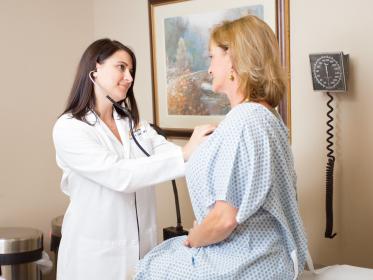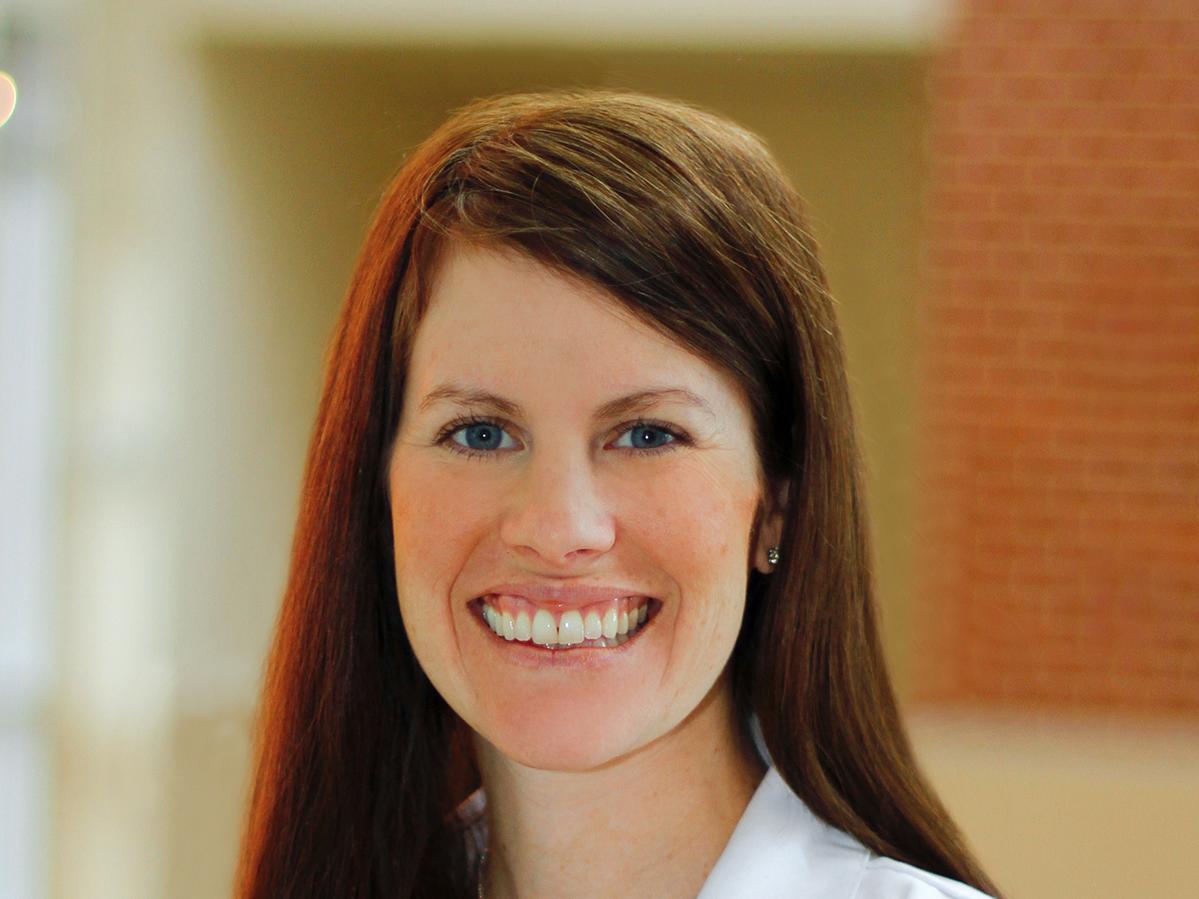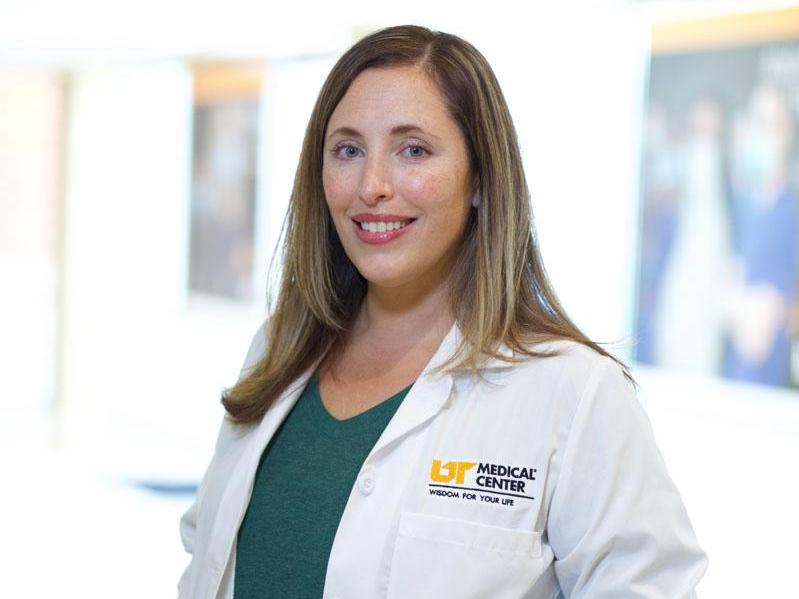Overview
A well-woman exam is one of the most important things you can do — at any age — to protect your health. During this annual test, your doctor will examine you to determine your overall health, including specific exams for breast and gynecological diseases.
Why Is a Well-Woman Exam So Important?
Women need regular screenings for breast and gynecologic cancers. This exam also gives you a chance to talk with your doctor about any outstanding health concerns, birth control and sexually transmitted infections. If you’re thinking of getting pregnant, it’s also a good time for pre-pregnancy counseling.
Learn more about why these exams are important from the American College of Obstetrics & Gynecology.
How Often Should I Get One?
The American College of Obstetricians and Gynecologists recommends that you have your first visit in your mid- to late-teens. Then, starting when you’re 21, you should get a well-woman exam every year.
What Does the Exam Include?
The physical exam is a head-to-toe exam that gives clues to any health problems. Blood pressure, weight, urine testing and a check for anemia often are done. Your care provider likely will examine eyes, ears, nose, mouth, thyroid gland, lungs, lymph nodes, heart, abdomen, reflexes, skin and bone and spine. Remember that eye and dental care is a must for overall health and you should seek routine care for these issues, too.
During your exam, you can also expect:
- Health screening
- Breast exam
- Pelvic exam – to check for issues with your ovaries and uterus and screen for cervical cancer
- Depending on your age, your doctor may order a mammogram or bone density scan
- Also depending on your age, your doctor may have you get a Pap smear or a test for the Human Papilloma Virus (HPV)
Who Performs the Exam?
Your OB/GYN or their nurse practitioner will do the exam. Normally, the doctor and their nurse or medical assistant will be in the room with you.
Will It Hurt?
Although the breast and pelvic exams can be a little bit uncomfortable, they shouldn’t be painful.
Health History
Your doctor wants to learn more about your overall health, lifestyle and family medical history. So during the exam, your doctor will ask you about:
- Exercise
- Nutrition
- Smoking
- Alcohol consumption
- Sexual practices
- Menstrual cycles
Breast Exam
A breast exam, performed by your provider, is a very important part of the yearly well-woman exam.
What Happens During the Breast Exam?
During the well-woman exam, your doctor will check your breasts, neck, underarms and chest. The doctor looks for changes in shape, skin texture, lumps and nipple discharge.
Depending on your age, and what the doctor finds during the exam, he or she may recommend you get a mammogram.
Pelvic Exam
The pelvic exam specifically determines if the outer sexual parts (vulva and labia) and the inner organs (vagina, cervix, uterus and ovaries) are healthy. For many women a Pap test (for cervical cancer screening) is part of their annual exam. Click on the link below to see the recommendations for when you should start cervical cancer screening and how often.
What Happens During the Pelvic Exam?
The doctor or nurse practitioner will insert a speculum, a tool for looking into body cavities, into the vagina. They’ll look for any abnormalities and will do a Pap smear. The doctor will examine the ovaries and uterus and may screen for sexually transmitted diseases, depending on your age and lifestyle.
Learn More
Looking for a Doctor?
If you don’t have a doctor, please contact Healthcare Coordination. Our friendly specialists can help you find the right doctor for your needs. They can also help you:
- Make an appointment with one or more doctors over the phone or via Live Chat
- Share a list of accepted insurance
- Provide directions and parking information
- Share doctors’ office locations and hours
- Let you know which doctors are accepting new patients
Contact them at 865-305-6970, or via email at [email protected]






